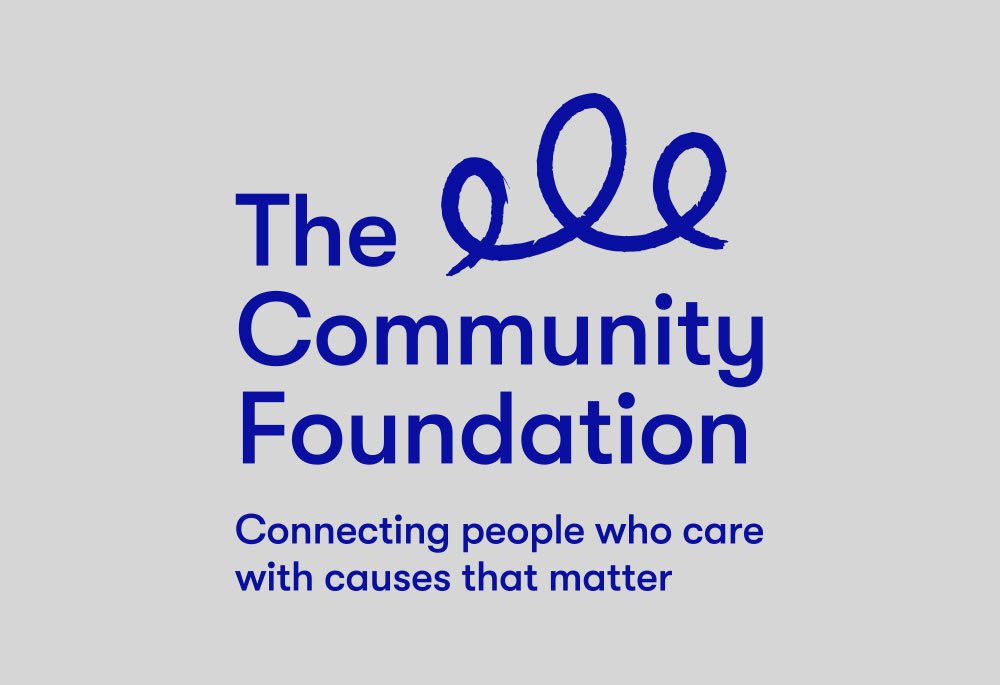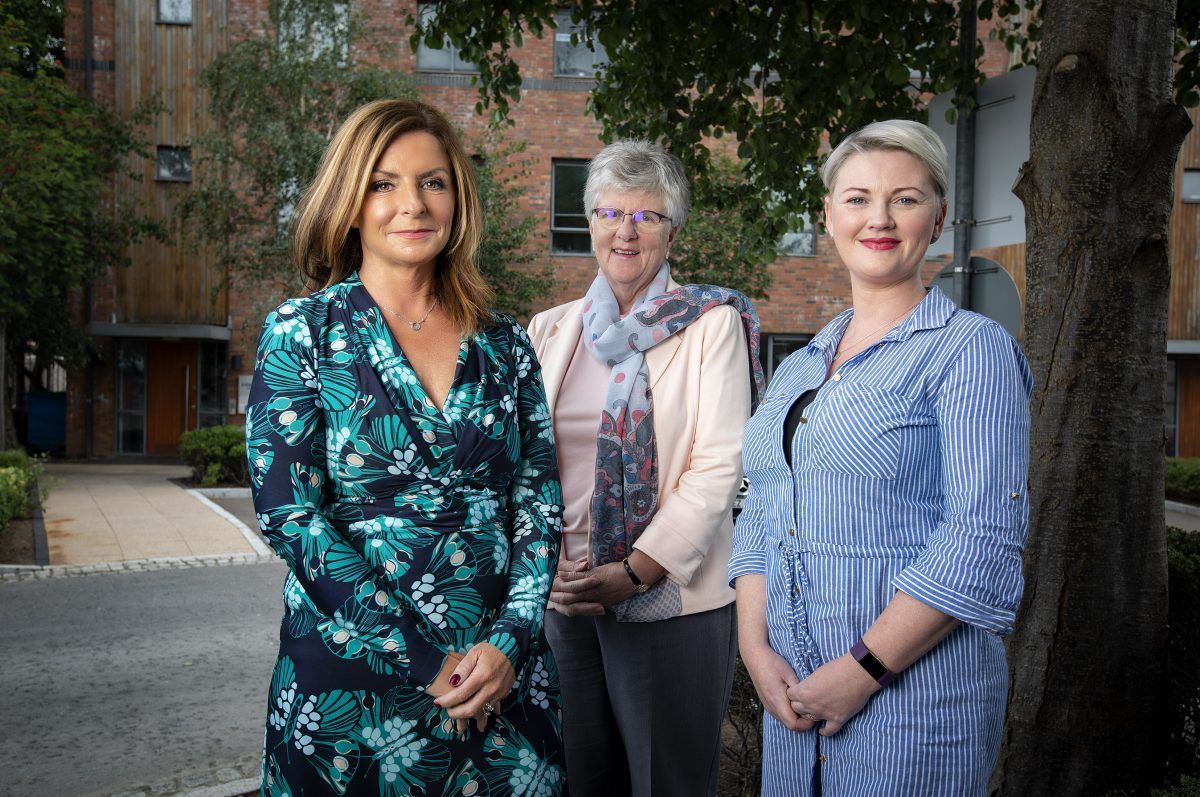
Fund & Grant News
NI women set to benefit from share of £3.4 million UK Tampon Tax Fund
25 Sep 2018
The Community Foundation is set to deliver a share of the UK Tampon Tax Fund to women in Northern Ireland and has opened a new fund to benefit women here.
Grants of between £5,000 and £10,000 are now available from the Foundation’s Tampon Tax Community Fund to support projects undertaken by organisations working with women or girls.

A key focus will be funding preventative work to reduce the risk of crisis at different life stages. This may be by helping women and girls get into or back into work, by raising awareness about health issues, or by creating and developing peer networks.
Commenting on the new Tampon Tax Community Fund, Siofra Healy Director of Philanthropy at the Foundation said: “The Foundation already has a strong track record of supporting women through our Women’s Fund for NI and we know there is a great need for further funding. We expect this funding to build on our experience and have a wide reach and positive effect on families and the wider community.”
“We are therefore delighted to be able to provide a significant additional boost for Women’s projects across Northern Ireland,” said Siofra.
Women’s groups who have previously benefited from funding through the Foundation include GLOW, a charity working with women and young girls to build confidence, self-esteem, resilience and life skills, helping them set positive, realistic steps in achieving their goals.
Speaking about the importance of funding for women’s projects, Chara Clarke from GLOW said: “This new funding will be vital for many women’s groups. The fact is that we are inundated with people wanting to come to our programmes and courses, we constantly need funding and without grants like the one we received from the Women’s Fund NI, we wouldn’t be able to help women become more confident or simply improve their sense of worth, or realise that they have a purpose and something to offer.”
The Tampon Tax Community Fund allocates funds generated from the VAT on sanitary products to projects that improve the lives of disadvantaged women and girls.

